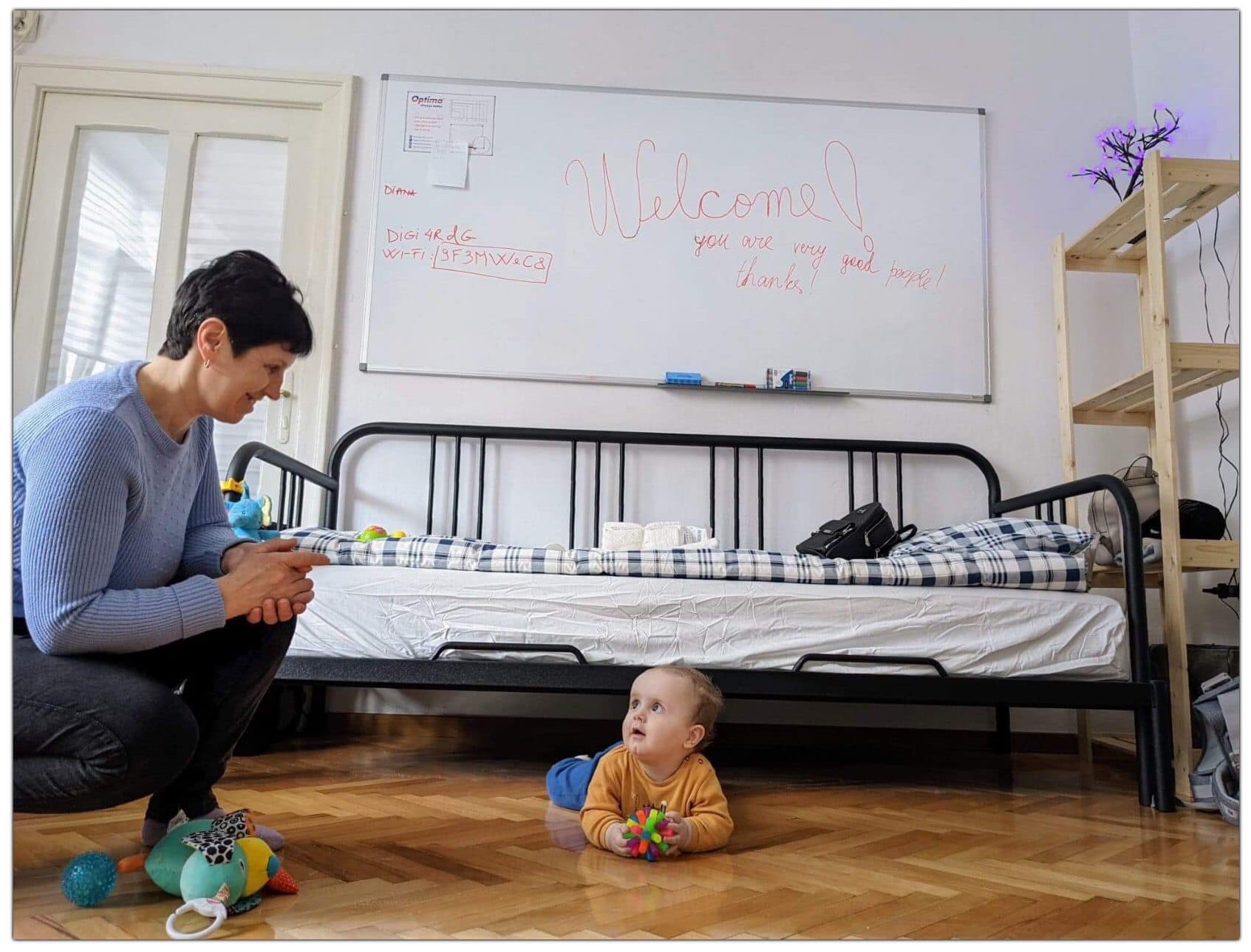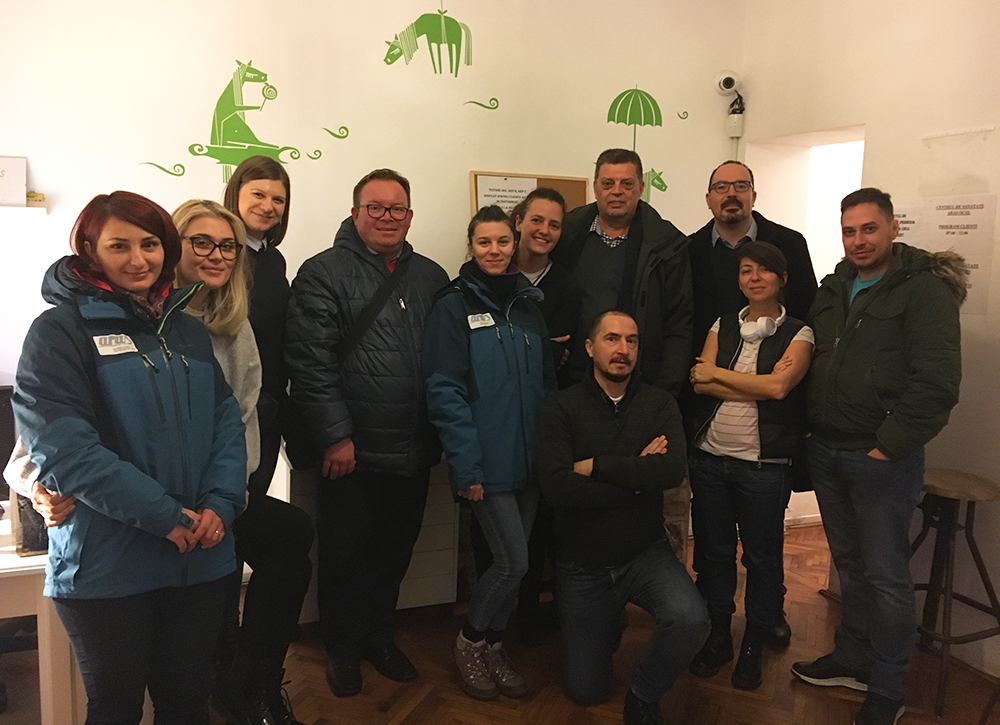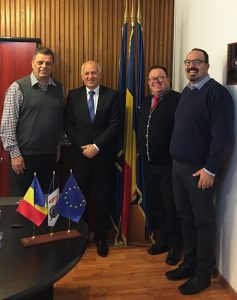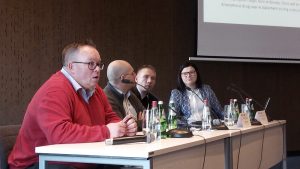ARAS – The Romanian Anti-AIDS Association sent an appeal to stakeholders in Romania to join forces in finding solution for the harm reduction crisis which hardly hits this country. Here is the translation of the appeal.
ARAS – The Romanian Anti-AIDS Association invites on this occasion to 21 days of action “Support, Don’t Punish”, in which we will contact the decision-makers at central and local level, the executive and legislative bodies, and we will initiate a public dialogue around this topic.
We are inviting all stakeholders to take a position on the issues raised, to open the communication for solutions and to find support in initiating concrete actions to remedy this situation, which has become chronic.
For a better explanation of the context and history of the chronic lack of national / local funding in risk prevention and harm reduction services, we send you, below, some relevant information and we are at your disposal for any further questions.
In the last 20+ years, ARAS has provided harm reduction services for intravenous drug users in Bucharest, based on the recommendations of UNAIDS and WHO and within the limits of available funds. During all this time, we drew the attention of public institutions that, in order for these services to be constant and efficient, they must be supported by policies in the field and funding from the state budget, both at the central and local level.
At present, ARAS implements harm reduction activities (testing and counselling, referral and support, social assistance), but does not have the funds necessary to provide prevention materials for injecting drug users (sterile syringes) and to cover the real need in the field. The pandemic caused by Covid-19 also strongly affected our area of intervention, especially access to testing, which decreased dramatically, as well as access to treatment and medical services. At the Titan Community Centre (opened by ARAS in 2008) we can no longer carry out harm reduction services, such as offering 1 ml syringes (which cannot be found in pharmacies either), because of lack of funds.
Therefore, injecting drug users in Bucharest reuse syringes or share them with other users. The result is that HIV infection and viral hepatitis are already spreading, affecting again this category of vulnerable people and hence the community as a whole.
We remind that the national authorities (Ministry of Health, National Anti-Drug Agency) have always relied on the support of external funding contracted directly by non-governmental organizations and which practically ceased to exist in 2020; still, the responsibility for the health of the citizens is with these institutions, and not with the NGOs.
We are also stressing that many of the programs supported by public funds are exclusively for people who have an identity card, and some only for those who have health insurance. When public institutions have funded services implemented by NGOs, the contracts contained some limitations that make them completely inappropriate for working with vulnerable people. Moreover, local authorities do not include or budget in their strategies (clearly and explicitly) activities to prevent HIV and HBV and HCV infections, tuberculosis, dedicated to vulnerable people.
Another important drawback: the National AIDS Plan drafted within a project funded by the Global Fund for AIDS, Tuberculosis and Malaria has been waiting to be approved by the responsible institutions since 2017 (!!).
ARAS has drawn attention numerous times on these crises and on the optimization of access to services, and we even went to court (together with three intravenous drug users) against the Directorate of Public Health, which is supposed to give syringes for harm reduction. We lost our case and at present we are preparing our file for the European Court of Human Rights (ECHR).
Romania is part of the global network International Drug Policy Consortium that promotes the objective and open debate on drug policies, and Bucharest is a signatory of the Fast Track cities initiative. The National Anti-Drug Strategy includes the principles of the European Union Strategy on Drugs. Still, the reality proves the contrary.
On this occasion, we would like to open a dialogue on the need to update these national policies and strategies in order to align with international initiatives in this field, to secure the necessary budget for harm reduction and for prevention in general, and thus to promote the “support, don’t punish” approaches, both in the official documents and in the field.



















